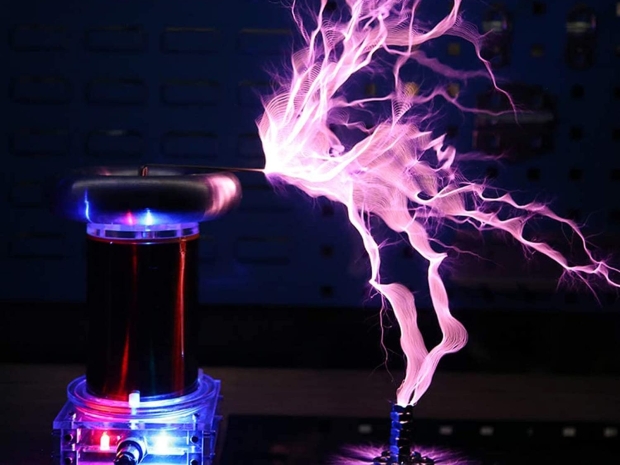The AI model consumes significantly less electricity per interaction than earlier estimates suggested -- just 0.3 watt-hours (Wh) of electricity per exchange—ten times less than a widely circulated estimate of 3 Wh.
Concerns about the energy consumption of large language models (LLMs) have been a growing topic of discussion, particularly given comparisons to traditional internet searches.
A Google search is estimated to use approximately 0.0003 kilowatt-hours (kWh) of energy per query.
Two years ago, Alphabet Chairman John Hennessy suggested that an LLM interaction would likely require ten times that amount. However, if Epoch AI’s new estimate is accurate, it would mean that a ChatGPT interaction consumes roughly the same amount of energy as a Google search.
For most users, the energy consumption of cloud-based services like ChatGPT is an afterthought, given that the cloud itself feels distant from our daily lives. However, LLMs require substantial energy in their initial training and subsequent interactions. These models rely on vast datasets and intricate neural networks, which demand significant computational power.
Epoch AI’s report said: “For context, 0.3 watt-hours is less than the amount of electricity that an LED lightbulb or a laptop consumes in a few minutes. And even for a heavy chat user, the energy cost of ChatGPT will be a small fraction of the overall electricity consumption of a developed-country resident.”
The discrepancy between the new estimate and the previous 3 Wh figure stems from several methodological differences.
The earlier calculation assumed a much higher number of output tokens per interaction—roughly equivalent to 1,500 words—whereas the updated analysis considers a more typical chatbot usage pattern. The revised estimate also assumes that only 70 per cent of peak server power is being used and that the AI model is running on Nvidia’s newer H100 chip rather than the older A100.
These adjustments present a considerably less power-intensive picture of ChatGPT. However, Epoch AI acknowledges considerable uncertainty regarding parameters such as utilisation rates and server efficiency. Longer queries, for example, could push energy consumption significantly higher, ranging from 2.5 to 40 watt-hours.




